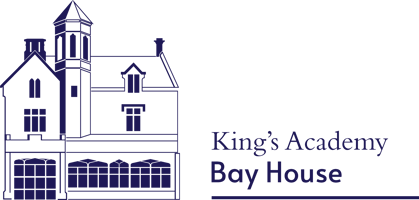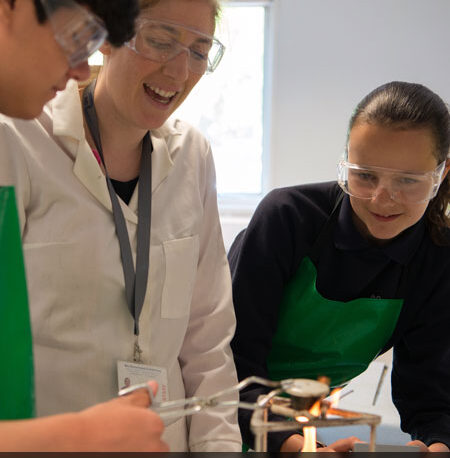Science
The study and appreciation of scientific ideas and concepts is essential. As well as enabling us to understand the world around us, we can also engage and have an informed opinion about current scientific controversies that could impact on our lives.
Therefore it is important that the science we learn in the classroom is seen to have some relevance to the outside world.
In order that this can happen, we continually seek to ensure that our lessons draw on real life contexts. Science is a practically-based subject, where learning is achieved through enquiry. Our long term aim is to encourage pupils to develop their skills and use their observations to draw conclusions. Therefore, we seek to ensure that the pupils’ experiences are as practically based as possible.
Science can often be perceived as challenging by many pupils. For this reason we are committed to continually reviewing how we teach so that we can enthuse and engage all pupils, irrespective of their ability. We are proud of these achievements and are always developing our courses and teaching provision to maintain this very high standard.
In endeavouring to provide teaching and learning that is differentiated to the needs of the pupils, we set classes by ability from Year 7. Pupils are regularly assessed both by test and by formative assessment in the course of a lesson. This enables us to move pupils between sets in response to their needs.
Year 7-8
Year 7 and 8 is the foundation of scientific learning for us. We believe that if pupils are motivated and successful at this level it will give them the drive they need to develop further at GCSE. Our schemes of work have a heavy emphasis placed on practical based learning and problem-solving. Topics covered are broad and build in time for pupils to master the concepts needed for deeper learning at GCSE level.
Year 9-11
The new 9-1 GCSE science will be first examined in May 2018. This is a radical change from the outgoing GCSE as controlled assessments have been removed and all examinations are at the end of year 11.
The content studied will be more rigorous and there will be more emphasis on recall. All pupils will undertake required practical work which will also be assessed in the examinations.
The entirety of year 9 will begin studying the GCSE content and will not separate into triple science groups until year 10.
Triple Science
Pupils will study all three sciences as separate GCSEs. This ‘triple science’ course covers all the topics listed below:
Biology:
- Cell biology
- Organisation
- Infection and response
- Bioenergetics
- Homeostasis and response
- Inheritance, variation and evolution
- Ecology
Chemistry:
- Atomic structure and the periodic table
- Bonding, structure, and the properties of matter
- Quantitative chemistry
- Chemical changes
- Energy changes
- The rate and extent of chemical change
- Organic chemistry
- Chemical analysis
- Chemistry of the atmosphere
- Using resources
Physics:
- Forces
- Energy
- Waves
- Electricity
- Magnetism and electromagnetism
- Particle model of matter
- Atomic structure
- Space physics (physics only)
There are six papers: two biology, two chemistry and two physics. Each of the papers will assess knowledge and understanding from distinct topic areas.
The triple science exam papers will be 1h 45m.
There is no longer a coursework requirement at GCSE, nevertheless, practical work remains at the heart of science and there will be written questions in the exams. These will draw on the knowledge and understanding pupils have gained by carrying out the practical activities in class. These questions will count for at least 15% of the overall marks each of the three qualifications.
6th Form
We offer A-level courses in Biology, Chemistry and Physics. Please refer to our 6th form section for more information.

